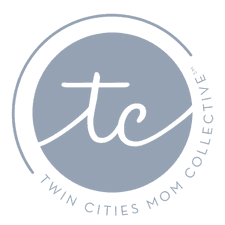Two weeks. That’s how long it’s been since I thought I could tell when someone was happy rather than hurting. How long it’s been since I thought depression and anxiety were just temporary frustrations that could be medicated or therapied away. How long it’s been since I’ve been able to feel sad without worrying about my own mental health.
Two weeks. That’s how long it’s been since my 37-year old sister-in-law Kiley died after a lifelong struggle with depression and anxiety.

Full disclosure: Kiley was technically my ex sister-in-law. But because family is family regardless of documentation and we all loved her – yes, even her ex-husband – through and after the divorce, we’ll go with the present tense.
Despite her trials, Kiley’s death was a shock. Those of us closest to her knew she struggled, but even at the end she never let anyone see the full extent of her pain. Her coworkers and acquaintances were blindsided. She didn’t mope. She didn’t wallow. She didn’t don all black and slip away into quiet corners. She wasn’t any of the anti-depressant commercial caricatures that we think capture severe anxiety and depression. Instead, Kiley was a bright spirit and a kind soul. She was the first to ask how someone else was feeling and the last to leave the party. She drew others to her. She was so loved by everyone who met her.
And yet.
Though she smiled brightly on the outside, Kiley never truly felt at peace. She worried. She agonized over decisions big and small. She was unhinged by uncertainty in her life’s direction. She craved a calm that never seemed to appear. A short stint on medication made her feel strange and therapy wasn’t right, at least “not right now.” So she found her own ways to quiet her nerves and curb the sadness. But the peace was always fleeting.
If I could go back two weeks – no, fifteen days – I would do so many things differently. I would respond to her final Facebook message that I had been too busy to answer at the time. I would have physically dragged her in to one of the many therapists I had encouraged her to see over the years. I would pay more attention to how much wine she was drinking and how often. I – like so many others who loved Kiley – would have never left her alone.
I know that’s not possible. I can’t go back. Not fifteen days or even fifteen minutes. All the hindsight and good intentions in the world won’t bring our Kiley back.
But maybe they can keep someone else alive.
That’s why I’m sharing this with you. We can’t think that we can save everyone. As I know all too well, depression and anxiety are beasts with an arsenal of weaponry that we’re only beginning to understand. But we can be more aware, more present for each other. Depression and anxiety are equal opportunity battles. They can hit the CEO mom with a Gucci wardrobe the same as pregnant teenager or a want-to-be-dad going through infertility with his partner. They know no gender or age. They don’t adhere to gloomy stereotypes (though those are real too). They respond differently to different treatments and approaches. But no matter their differences, they all can use kindness.
So please reach out. Connect with that mom sitting by herself at the park. Say hi to the bleary eyed dad staring blankly at the Starbucks menu. And when you ask how someone is doing, really ask how they’re doing. Then listen. Don’t be afraid to get your emotions dirty. And if it’s you that needs a connection, please don’t hide it. You have friends. You are loved. And you are not in this alone.
In memory of Kiley, who will be forever loved and remembered.
If you, or someone you know, need help, please reach out. If you’re not sure where to start, we have a list of resources in the guide below.





2 comments
Thank you for posting this.
Sorry for the loss you and your family are experiencing. After suffering from anxiety and depression for many years. I know first hand the real struggle to feel normal. Thanks for bringing attention to this topic.